The very term Debt evokes a strange fear-mixed emotion for most of us. A continuous cycle of debt can land you in real trouble. It can seep out from you your peace of mind and well-being.
Sadly, a lot of us cannot cooperate with debt traps and some even take drastic steps when they cannot bear to be in a continuous cycle of debt.
But let’s understand this. Debt is not in itself as terrible as we make out of it. People take debt to wed off their children. We often take house debt and debts for higher studies.
A debt can save a life when it is used for purposes like paying surgery bills and doctor bills.
So it is not debt which in itself is a trap, it is the inability to repay the debt on time that is evil.

Why is Debt Difficult to Pay for Most People?
Now the question is, what makes it hard to repay the debt? Why do so many people live entrapped in debt for years and years together?
Of course, when we are talking about repayment of the debt, the amount of debt incurred and our income is serious matters of consideration. Let me explain through an example.
Suppose you had a medical emergency, and you had to take a loan of Rs 5 lacs. Some you took as a loan from relatives, some from the bank, and some by mortgaging a property or an asset like gold.
Now, your per month income is Rs. 60,000, and you decide to cut down on some expenses every month to pay off the debt. Chances are you’ll be debt-free in a couple of years if you are consistent with paying off the debt.
But let’s consider the same debt amount with an income of Rs. 20,000 per month. Paying off the debt with a lower monthly income becomes more difficult.
Now, I’ll tell you how to pay off your debts when you have a low income.
And why should you listen to my ways of debt repayment?
These ways are all tried and tested ones that I used to pay off my debts amounting to over 2 lacs, and that too in a matter of a year, and with a low stable income.
Surprised?
In doubt?
Well, read on to learn how to pay off debt quickly with a low income, and without compromising on your mental health in doing so.
Analyse the debt situation
 The first step is to take out sometime, sit back w ith pen and paper and a calculator and analyse how much in deeps**t you are in by taking that loan.
The first step is to take out sometime, sit back w ith pen and paper and a calculator and analyse how much in deeps**t you are in by taking that loan.
Calculate the interest rates and the stipulated amount you need to pay every month or quarter.
And then get answers to the following questions by referencing your loan papers (for loans taken from financial institutions) :
- If I have a scope to pay the loan faster will the bank/financial institution accept it or do they have a hidden agenda to keep taking the interest?
- Will my rate of interest change if I make a bigger payment each month?
- How can I reduce the loan pay-off period without incurring extra charges?
Let us understand that our objective in asking these questions is only one – we want to pay off the debt as soon as possible.
Financial institutions often have a hidden agenda wherein they charge higher interest rates on part payments or one-time large payments. Check for hidden charges, too.
Get a representative from the financial institution to clear your queries re garding debt payment.
Everything in the world today is in flux including our income and the ability to earn. It is better to provide payouts of debt as early as possible in such changing times.
Cost Cutting from Necessary Monthly Expenses

Now, this is a tough one. Our monthly needs are the ones where cost-cutting can directly affect the quality of living. But it is not impossible to save some money from expenses related to our basic needs.
You can be a little more mindful of your consumption of electricity and gas. A little goes a long way. You can also be mindful of wasting fewer food items. When we waste less, we want less.
Also, try to see if you can somehow cut down on transportation expenses. Instead of waking up late and taking a cab to work, you can wake up a bit early and take public transport.
Word of caution: Do not go overboard and try to squeeze out savings from every basic expense. Savings from monthly expenses can at best help us pay the loan faster but it can hardly be the only means of saving that will help repay debt.
Cut down on Unnecessary Costs

Sometimes, unawares, we keep paying or buying a lot of stuff that we do not need or use.
For example, you might have a cable connection at home, but you hardly get time to watch the TV. When you need to know about a piece of news, YouTube is your go-to place. In such cases, you can comfortably say goodbye to monthly cable expenses.
Check, what are your unnecessary costs? Is it that subscription to Netflix? Or unnecessary trips to the salon? Possibly, an addiction to tobacco that’s costing you thousands (not to mention the effect on your health)?
Is it on tiffin that you buy from outside instead of taking homemade food to the office?
Identify your unnecessary costs, and cut down on those. You can then utilize the saved amounts on paying off debt. On average, you can save around Rs. 800–2000+ just by cutting unnecessary costs.
20% of your income for Paying Debt

The famous 50-30-20 rule specifies that you should keep 20% of your after-tax income for debt payment. This is a superb rule to consider while taking debt from financial institutions that have a monthly debt+interest payment cycle.
If your monthly income is Rs. 20,000 after Tax and PF deductions, you should pay off 20% of Rs. 20,000 i.e. Rs. 2000 straightway to debt repayment every month.
Swore to yourself that you’ll never be in debt again? Read the coolest tips to save money here.
PostPone Your Wants

When we have a debt, our prime focus should be on repayment of debt.
Postponement of wants can help in faster repayment.
Say your refrigerator is old, and you are planning to buy one. Postpone that for debt-free times.
When in debt, make the “recycle-reuse-reduce” slogan your mantra. Most things you consider essential can be postponed to a time when you don’t owe any money to anybody.
Cut down on Celebrations

You have for years celebrated your birthday, your spouse’s and kids’ birthdays, sometimes even by going beyond your means. You have invited people and fed them with great delight.
But things have changed a bit, and now you are in debt. Stop planning for celebrations now. You can do that later when you are debt-free.
We often get emotional about not being able to share our happiness with others. If it’s your kid’s birthday, you want 10 other kids and their families to come and enjoy.
But consider this – every celebration is additional pressure on the expenses. If you can save money by celebrating humbly, you can repay your debt faster, and start planning for a grander celebration the next or the next to next year!
So cut down on recurring celebrations or spend them in simpler ways. Prioritize paying off debt over pomp and show.
Postpone Vacation Plans

Personally, I feel vacations are like luxurious perfumes. When you buy an expensive perfume, you put it on you, you smell good, and you feel good. But it evaporates after a few hours.
Vacations are like that. Vacations are great to rejuvenate. However tell me, can you really rejuvenate with a financial burden on you?
A vacation becomes an escape then, and an escape has never ever been the solution to any problem, financial problems included.
So put off going to Goa, Manali, or the local beach some hundred kilometers away. Instead, use your vacation money to pay off debt, and gain heightened peace of mind than watching sea waves could have given you.
Get a Side Hustle

This is one of the most foolproof and strong ways to overcome debt faster, and without affecting your present lifestyle.
Just like you can get rich by earning and not merely by saving, you can get debt-free faster by engaging yourself in a side gig that
- pays you
- adds to your knowledge
- keeps you engaged and worry-free
- satiates your passion for creative work
Even if you happen to land yourself a part-time job, you can easily make a few thousand rupees per month by working on weekends and in your spare time after work.
A side gig or a part-time job can be very helpful in paying off debt. This has been the main method through which I could pay off my loan faster without impacting my too much my present lifestyle.
And if I can, you can too. Check out these cool side gigs you can take up. We have curated the 7 most doable jobs that you can take up after work. Give it a read to know which skill is best suited for you, and where you can learn it and start earning.
Don’t worry – Your Debt too shall pass!

Ideally, this should have been the first piece of valid advice from me, but I wanted to start off on a more pragmatic note.
There is a very famous Italian saying that I absolutely love; it says, “ “A hundred wagon loads of thoughts will not pay a single ounce of debt.”
Very often we take up worrying as a birthright. We find things to worry about when there are none. And if we have a debt to worry about, we find it easier to become chronic worries.
But what we need to be is a warrior against worry, especially regarding debt. If we set our minds on fretting and thinking about where all the money will come from, we will miss the opportunities that life provides us as solutions to our problems.
Keep your cool, and look for extra income whilst saving some from your salary. Consistency in paying every month is the key to successful debt payment. The best way still is to avoid debt.
Start investing, start saving from a young age, and stay safe from the madness of consumerism; you’ll never have to be in debt again!
How did you recover from your debt? Let us know.

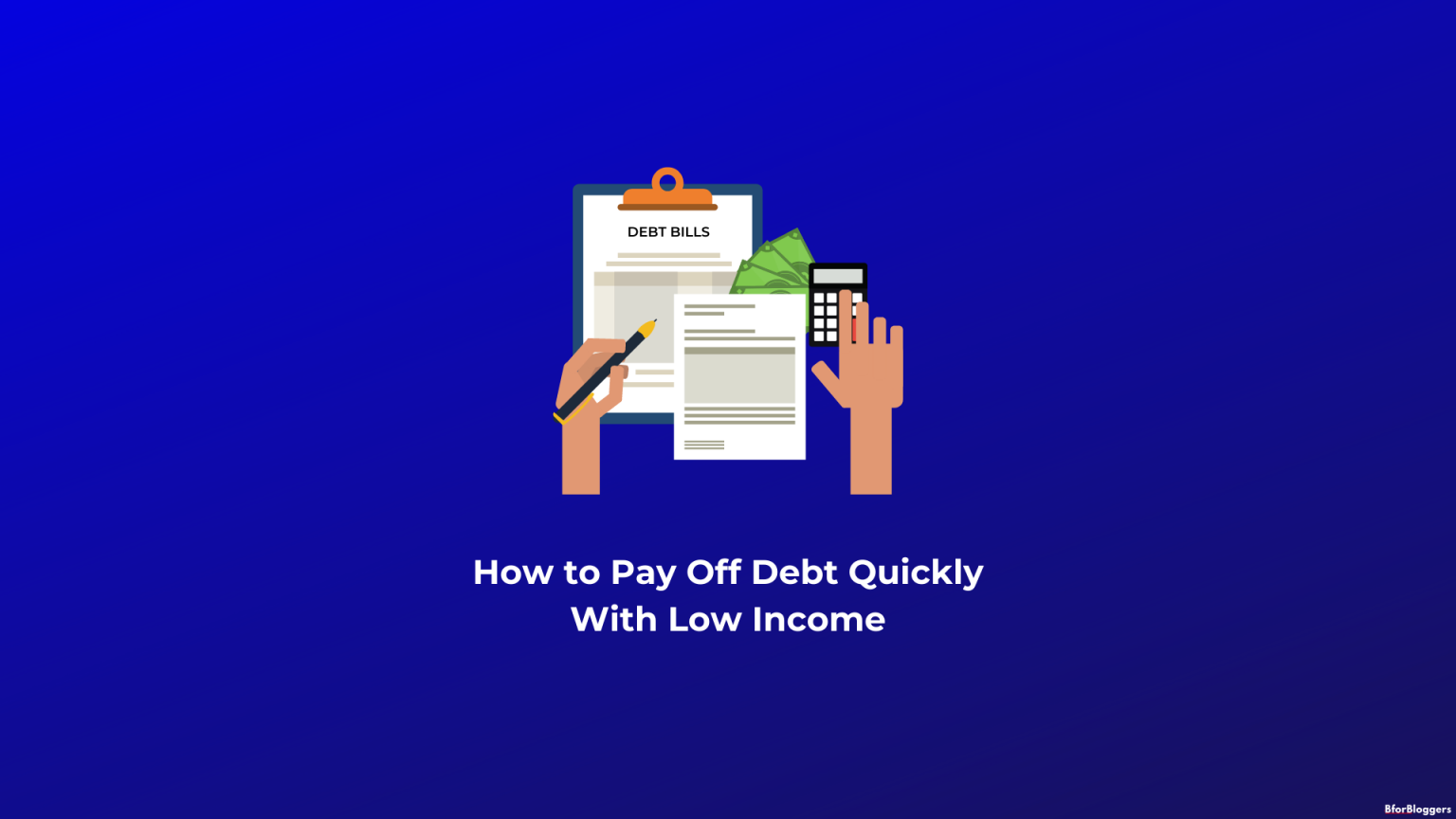

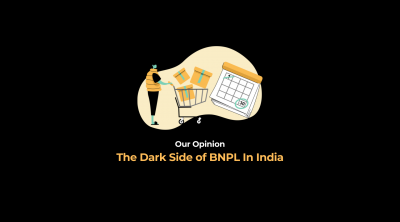
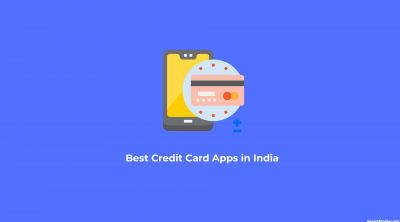
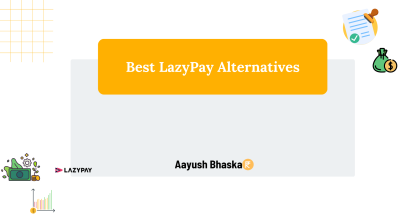
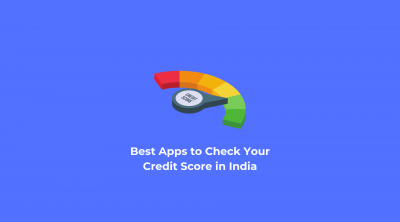
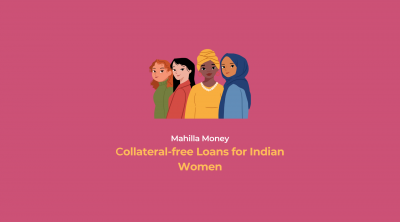
Leave a Reply